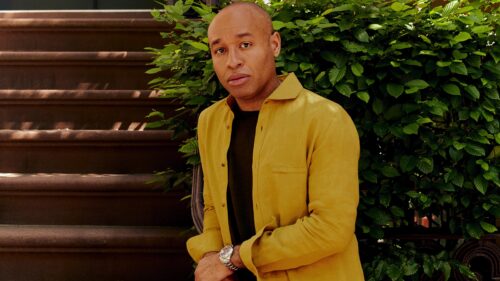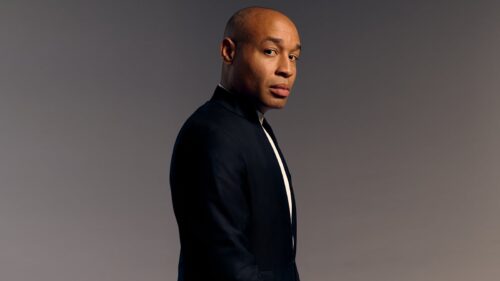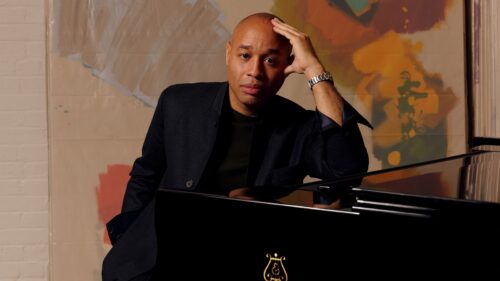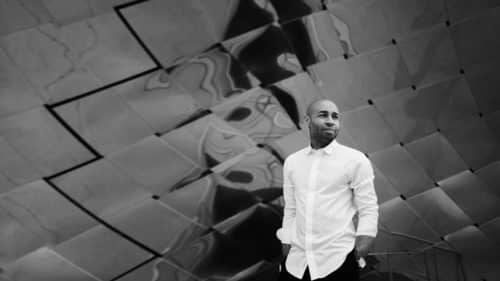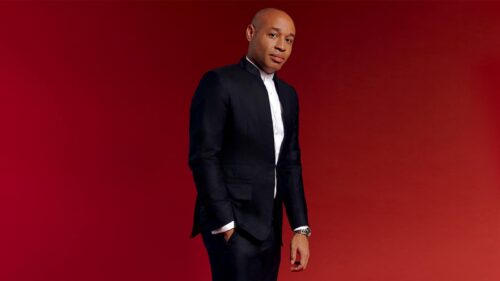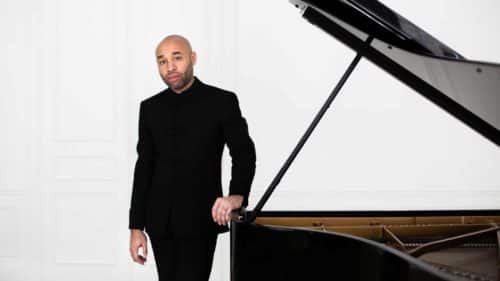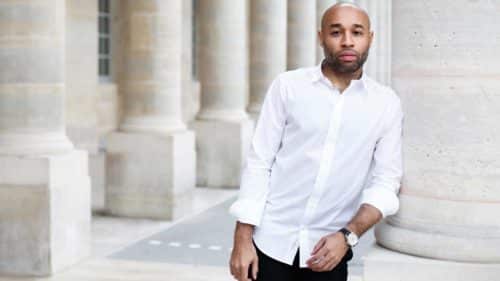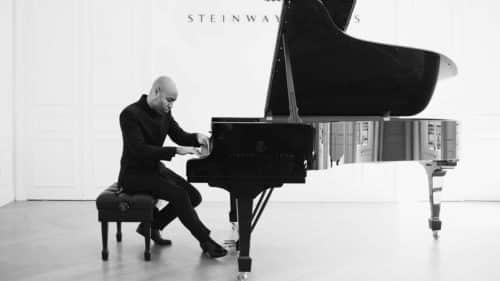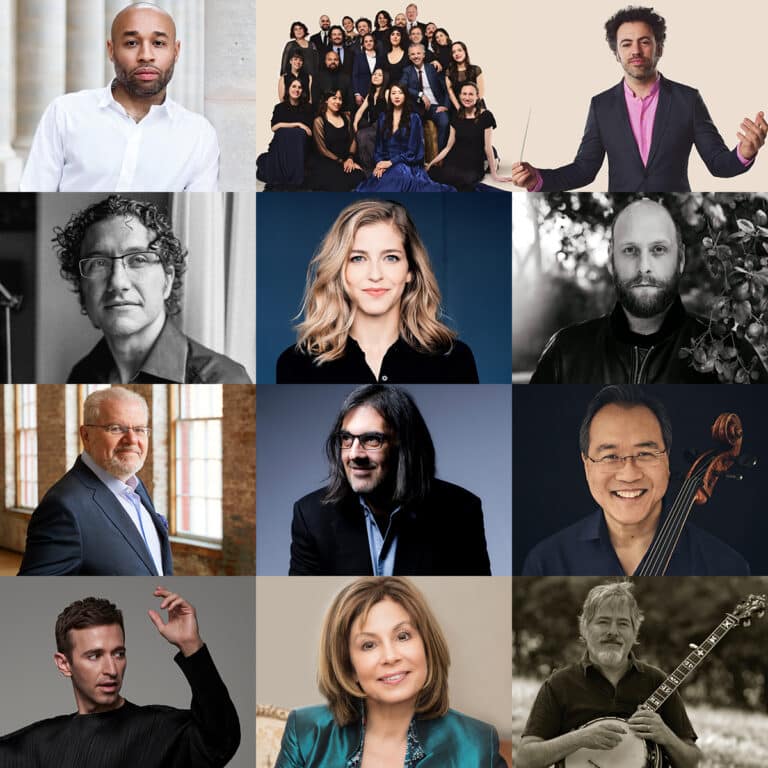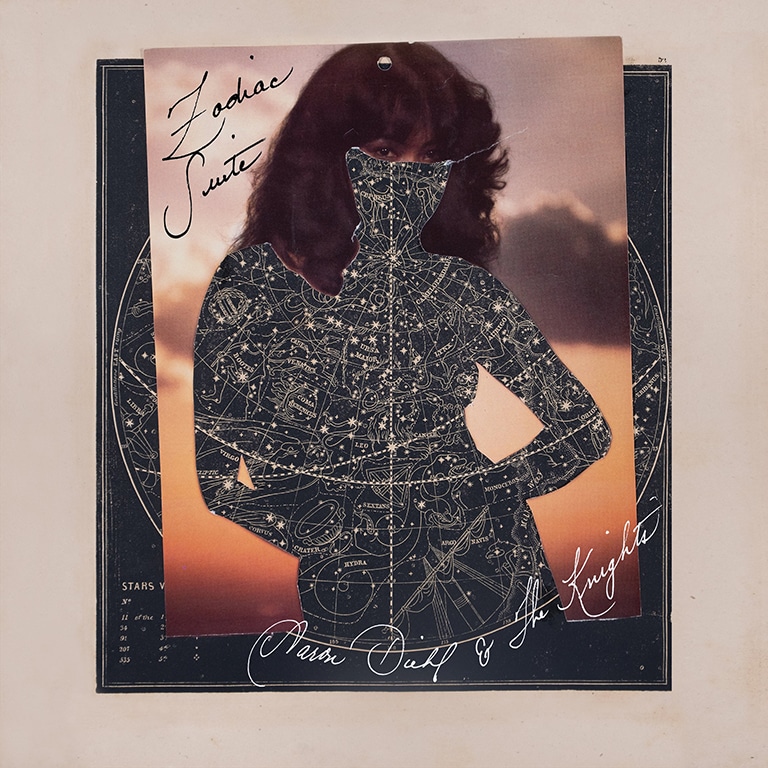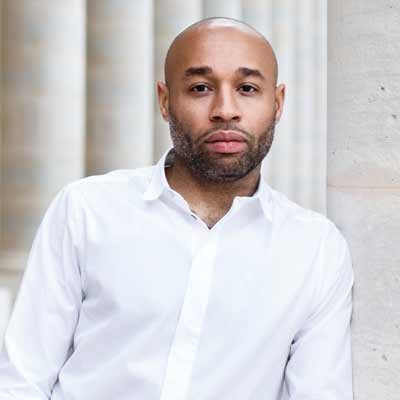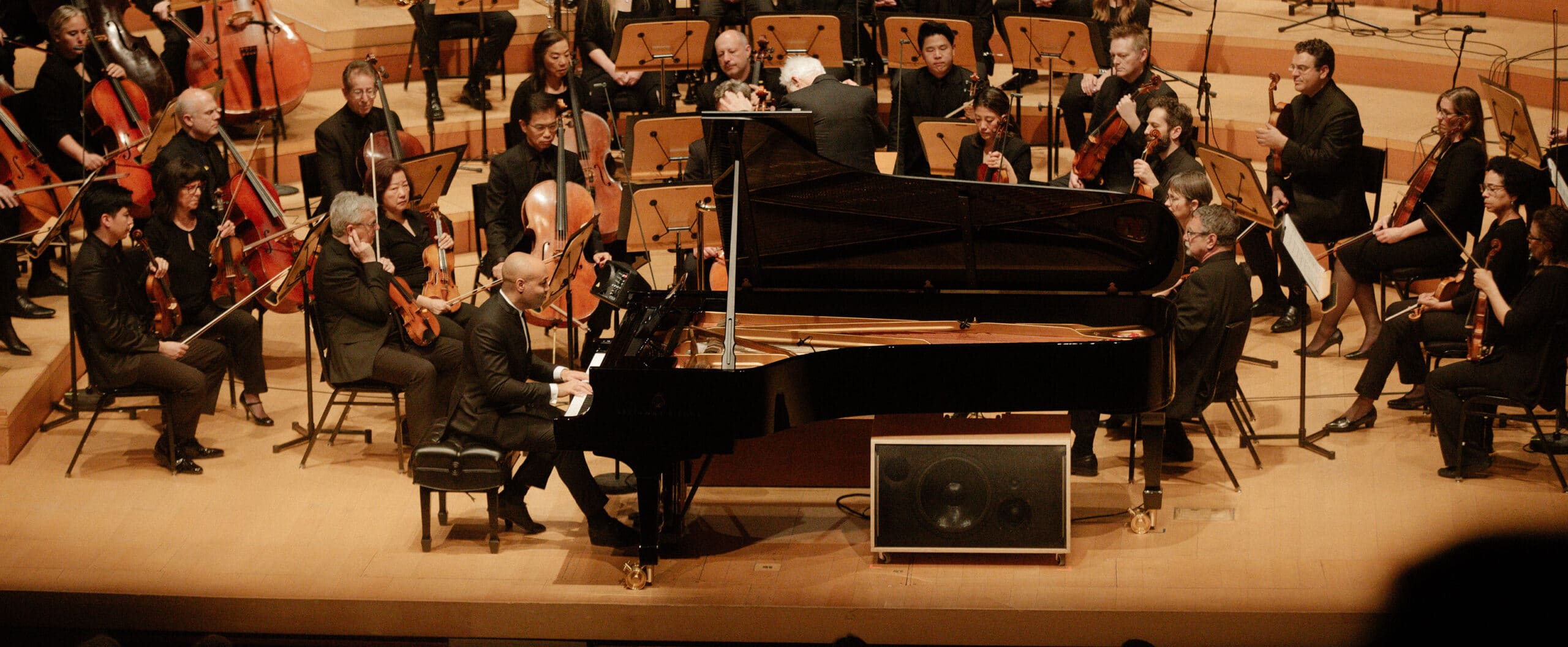
The New York Times“it’s hard to imagine that Gershwin would not have been impressed. The audience was: It gave Mr. Diehl an enthusiastic ovation. He must be invited back.”
DownBeat“Diehl gracefully melds two worlds, merging the improvisational spirit of jazz with the compositional intricacies of Western classical music”
San Francisco Chronicle“Diehl proved an ideal interpreter for this music, rattling off the technical demands without fear and investing the concerto’s melodic strains with expressive delicacy.”
The Los Angeles Times“He is a young player with a touch as staccato as if he were playing a Scarlatti sonata and a nearly Baroque contrapuntal way of improvising, yet he bends pitches. That’s physically impossible, but he makes you believe your ears.”
New York Times“Melodic precision, harmonic erudition, and elegant restraint”
The Cleveland Plain Dealer“For serious Gershwin fans, meanwhile, the undoubted highlight of the evening was the composer’s jazz-infused Concerto in F, as rendered by Ohio native Aaron Diehl…what he brought forth was right on the money, a responsive and virtuosic interpretation marked by keen vitality and intimate communication with his peers. The impression he left was a bold one. In jazz clubs especially, one suspects Diehl is something of a force of nature, a spirit akin to Friday’s storms, powerful enough to bring down the house.”
Washington Classical Review“Diehl’s rendition of Etude No. 3, following directly after the composer’s first appearance, hit a delightful rhythmic groove and showed wonderful balance of the hands and voicing. Glass’s music often demands a sort of affectless sheen, which Diehl caught perfectly in Etude No. 4. The percolating scales of Etude No. 13 and the ragtime chromatic glints in Etude No. 14 were also highlights of the evening.”
San Antonio Express“But it was the experience of Diehl, who has performed the concerto in recent years with the New York Philharmonic and the Cleveland Orchestra, that amazed. No one should ever hear this concerto unless Diehl is playing. He was that impressive and has been called “the real Diehl” for good reason.”
Wall St. Journal“Standout pianist”
GRAMMY®-nominated pianist Aaron Diehl has quietly re-defined the lines between jazz and classical, and built a global career around his nuanced, understated approach to music-making. Praised for his “melodic precision, harmonic erudition, and elegant restraint” (The New York Times), and his “traditional jazz sound with a sophisticated contemporary spin” (The Guardian), Diehl has performed with musical giants such as Wynton Marsalis, Cécile McLorin Salvant, Tyshawn Sorey, and Philip Glass, and has been a soloist with the New York Philharmonic, Los Angeles Philharmonic, San Francisco Symphony, and the Cleveland Orchestra, working with conductors like Yannick Nézet-Séguin, Marin Alsop, and Alan Gilbert. In 2023, Diehl was named the Artistic Director of 92NY’s Jazz in July Festival, succeeding the legendary Bill Charlap.
A leader in contemporary jazz, the Philadelphia Inquirer exclaimed that “there’s an entire world of jazz in Aaron Diehl’s playing…he makes the case that jazz is not one style or genre but many, gliding gorgeously among decades of artistic influences.” With an expansive, orchestral, lyrical approach to the piano that channels predecessors like Ahmad Jamal, Erroll Garner, Art Tatum and Jelly Roll Morton, Diehl has headlined the Monterey, Detroit, and Newport Jazz Festivals, and had residencies at Jazz at Lincoln Center, the Village Vanguard, SF Jazz, and many more. He counts among his mentors towering figures including John Lewis, Kenny Barron, Fred Hersch, Marcus Roberts, and Eric Reed.
Diehl’s creative vision draws equally from the classical music tradition, with DownBeat Magazine stating “Diehl gracefully melds two worlds, merging the improvisational spirit of jazz with the compositional intricacies of Western classical music.” Diehl has performed with top orchestras across the US and at leading venues like Carnegie Hall, Lincoln Center, The Hollywood Bowl, the Elbphilharmonie, and Tanglewood. He has collaborated with classical stars ranging from Inon Barnatan to J’Nai Bridges, and his compositions have been commissioned by the Monterey Jazz Festival, Glenmorangie Scotch, and others.
In the 2024-25 season, Diehl joins The Knights, a Brooklyn-based orchestral collective led by conductor Eric Jacobsen, at Carnegie Hall for two world premieres in one concert: Suite from Book of Ways by Keith Jarrett (arr. Michael P. Atkinson) and Being and Becoming by Michael Schachter. In May, he reprises the Schachter rhapsody, which honors the legacy of George Gershwin, with co-commissioner ProMusica Chamber Orchestra in Columbus. In the fall Diehl tours with the Tyshawn Sorey Trio and Sandbox Percussion to celebrate the centennial anniversary of bebop pioneer Max Roach. His own Aaron Diehl Trio will play at UC Davis’s Mondavi Center, as well as at the new Patricia Reser Center for the Arts, presented by Friends of Chamber Music Portland. Concerto appearances include performances with the Baltimore and Nashville Symphonies, continuing his revivification of Mary Lou Williams’s Zodiac Suite. In June, Diehl can be seen in Europe with the Frankfurt Radio Big Band, conducted by composer-in-residence Darcy James Argue.
Recent highlights include the Orlando Philharmonic’s 2024 Resonate Festival, where Diehl explored the theme of musical intersections as artist-in-residence with works by John Lewis, Mary Lou Williams, and Johann Sebastian Bach; the world premiere of Timo Andres’s Made of Tunes, a new piano concerto for the Los Angeles Philharmonic, conducted by John Adams; a return to Tanglewood, leading his trio in a program that included Roland Hanna’s 24 Preludes; and a performance alongside Kenny Barron and Benny Green as part of 92NY’s opening night program in his debut season as the Jazz in July music director.
In September 2023, Diehl released his GRAMMY-nominated recording of Mary Lou Williams’s Zodiac Suite with The Knights and Eric Jacobsen. As the first-ever studio recording of Mary Lou Willams’s Zodiac Suite, it has been touted as “a joyous, enchanting creation… a triumph” (The Guardian) with Diehl lauded as “a contemporary champion” (The New York Times) and “a perfect choice to preside over this landmark recording” (The Wall Street Journal). The album features Diehl’s trio and guest artists saxophonist Nicole Glover, clarinetist Evan Christopher, trumpeter Brandon Lee, and soprano Mikaela Bennett. The critically acclaimed album is Diehl’s fourth recording on Mack Avenue Records, following 2020’s The Vagabond, 2015’s Space Time Continuum, and his 2013 label debut, The Bespoke Man’s Narrative.
Diehl was born in Columbus, Ohio, where he grew up listening to his grandfather, pianist and trombonist Arthur Baskerville. His family nurtured Diehl’s undeniable musical talents from a young age and in 2002, a 16-year-old Diehl competed in Jazz at Lincoln Center’s Essentially Ellington competition, where he placed as a finalist. It was there that he attracted the attention of Wynton Marsalis, who invited Diehl to join his septet for a European tour. After studying at Julliard under the direction of Kenny Barron, Eric Reed and Oxana Yablonskaya, Diehl was awarded the 2011 American Pianists Association’s Cole Porter Fellowship. Diehl, who holds commercial single and multi-engine pilot certifications, inherited a lifelong love of flying from his father who was himself an avid pilot. Diehl has been a Steinway Artist since 2016.
NOVEMBER 2024
